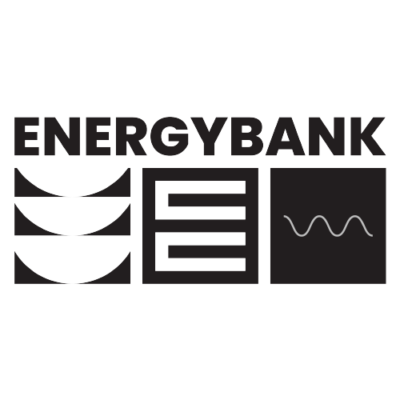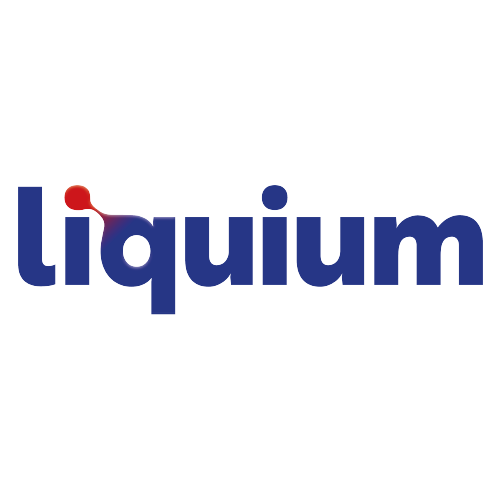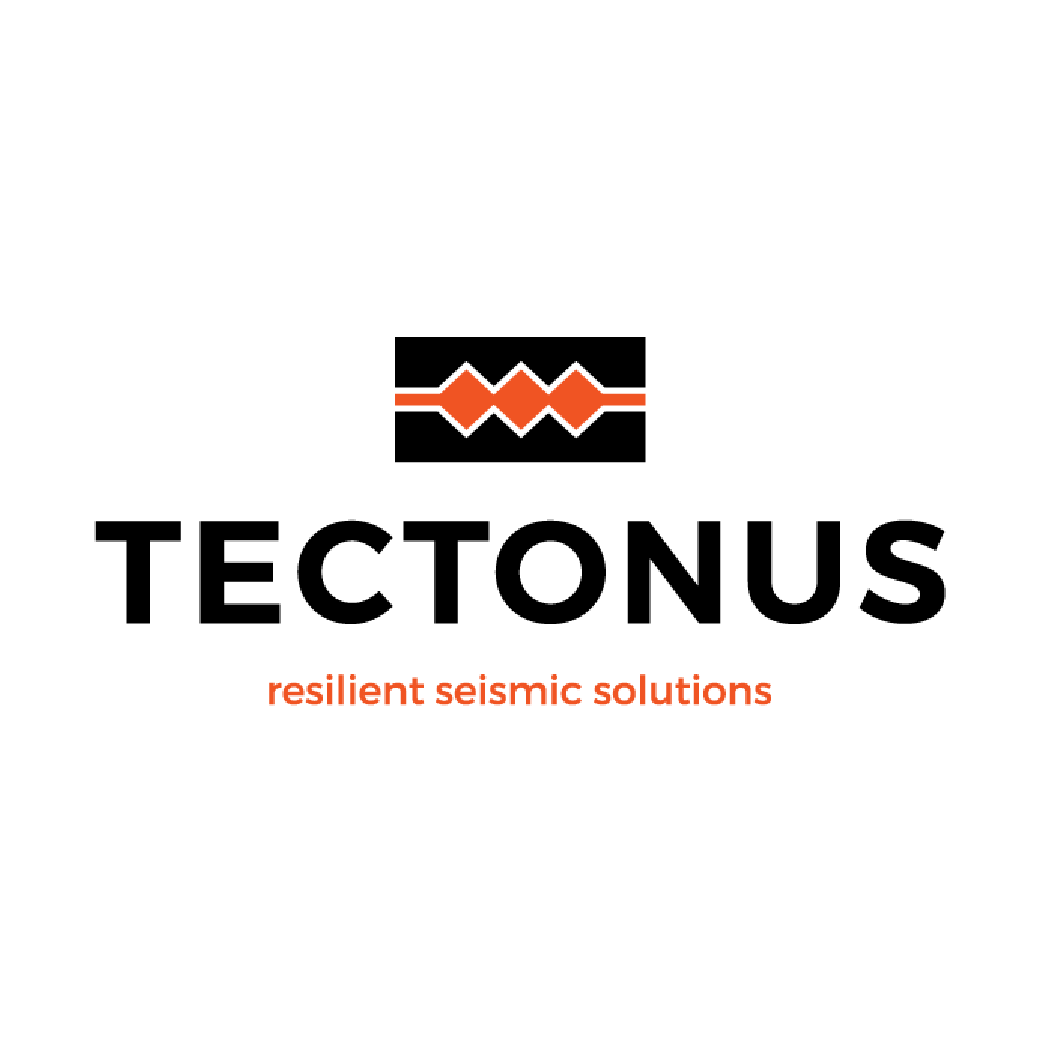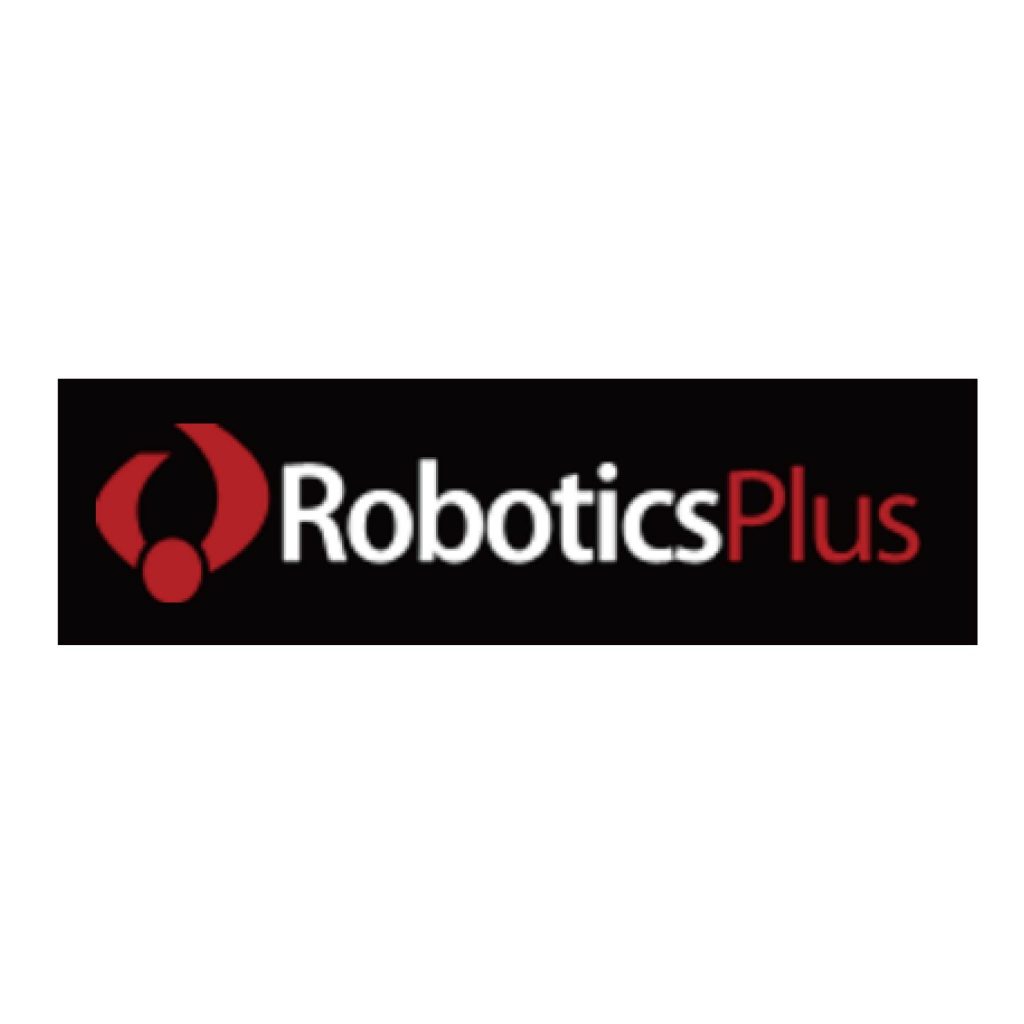
EnergyBank Limited
EnergyBank is on a mission to decarbonize global electricity grids. We are developing a novel energy storage system to make the most of renewable energy and provide an alternative to fossil-fuelled electricity plants. Our Deep Ocean Gravitational Energy Storage (DOGES) technology has significant cost and environmental advantages over other low-carbon energy storage and deployment alternatives.
The DOGES system converts energy between electrical and gravitational potential by lifting and lowering large masses (tokens) on vertical tendons between the ocean floor and a floating spar buoy moored with tethers.
Renewable energy provides the lowest cost generation in most electricity markets. It’s limited in use due to its unreliable output profile. Low-cost, mid-duration energy storage (50-200 hours @ <$20/kWh installed) is widely seen as the solution to this problem. EnergyBank can provide this at less than 10-30% of the cost of today’s lithium-ion storage and less than half of the 2035 projected cost of lithium-ion options. We have identified 42 countries with deep water close to large urban centres. We see an immediate demand for 14,222GWh of storage in these countries, growing to 22,075GWh by 2040. At $9m/yr/unit, this would be worth $128b/yr growing to $232b/yr by 2040.

Liquium
Liquium is developing the next clean li quid fuel for heavy industries by building new, efficient, green and scalable ammonia plants to align with renewable energy generation and zero carbon fuels.
Liquium has unique IP for the production of ammonia under mild conditions with a new catalyst, allowing commercial ammonia production to be re-imagined at new economic scales. Ammonia production with Liquium’s catalyst will significantly reduce capital and operating costs (external modelling supports cost savings of >50%) of an industrial plant by a simpler process and less demanding infrastructure requirements.
Liquium’s business model focuses on two different key target markets. Firstly, renewable energy generation where MW scale projects typically do not align to hydrogen and ammonia production. But with Liquium these market opportunities in energy storage, distribution and utilisation can support local markets and use cases. Secondly, aligning to macro scale (thousands of tonnes per day) ammonia production to support the clean fuel diversification that is required for heavy industries such as the maritime sector. Following this pathway allows Liquium to scale ammonia production with market need and de-risk a new technology, and support economies transitioning from fossil fuels to clean alternatives such as Japan.

AWARE GROUP
Aware Group was incorporated as a Data and AI company in September 2016. The company bootstrapped from the beginning using services revenue to grow the team and provide funds for developing products. There are now over 20 staff in New Zealand with teams growing in the United States and Singapore.
Aware Group has created deep ties with industry partners such as Microsoft (at the global level), to gain access to large customers across the world. These networks are especially important for Aware Group to understand the industry, but also to build a channel to sell products. Aware Group released its first Software-as-a-Service product, Aware Cognitive Platform (ACP) in 2019 and these networks have been invaluable.
ACP enables customers to rapidly deploy and realise the value of AI in their business. Aware Group have built several ACP Modules to support customer scenarios including (but not limited to) People Counting, Automated Number Plate Recognition and Audio Classification. Aware Group have run a number of pilots of the technology and are going through commercials for production deployments right now.

Tectonus Limited
We cannot prevent an earthquake. We can, however, build to avoid its destructive impacts. Tectonus has invented innovative seismic dampers with an additive self-centring capability that re-centres structures during earthquakes and aftershocks.
Tectonus dampers, primarily used for commercial buildings and liquid storage tanks, not only improves the structural resiliency but also significantly reduces business disruption and evacuation times, for both new and retrofit applications of any size and material (steel, concrete and timber).
Tectonus dampers have been used in various greenfield projects, including Nelson Airport, Hutt Valley Health Hub, Yealands Wineries and Fast + Epp HQ in Vancouver. More greenfield projects are to be started, including the world’s tallest timber-only building in a seismic zone in Vancouver, a public transport building with >$3M revenue and our first Japanese project with the largest construction company in the country, Obayashi.

Chronoptics Limited
We create and integrate 3D depth sensing technology. 3D cameras are enabling new intelligent products across a spectrum of markets from automotive, robotics, industrial automation, consumer electronics and security. We are masters in time-of-flight depth sensing and bridge the gap from pixel to point cloud, expertly tailoring fit-for-purpose 3D solutions for our partners. We partner with silicon technology developers leveraging our 20+ patent portfolio to generate licensing revenues and work alongside customers to integrate tailored 3D camera solutions into their products.

IMAGR LTD
The grocery retail market is globally worth $10 trillion. The experience economy is demanding that retailers consider innovation in the physical space to meet increasing consumer expectations, and the brands that embrace this reality will see unprecedented growth. IMAGR is a technology and experience innovation that will transform the retail experience forever. 90% of all retail transactions today are done via bricks and mortar, which shows that retail isn’t dead, and with the increasing investment made by e-commerce giants into this space, the incumbents must act now to ensure they survive.

Robotics Plus Ltd.
Manufacturing and distribution businesses around the world are being dramatically disrupted by robotics, automation and data analytics. However, primary industries such as horticulture, agriculture and forestry have struggled to adopt this hi-tech revolution and are viewed by independent reports as been the least automated industries globally. Harsh and highly variable environments in these industries have traditionally made measurement and automation very difficult. Processes are highly labour intensive and data collection is fragmented and disparate.
RPL’s success is to deeply understand complex food and fibre value chains as well as have a deep understanding and experience with emerging technologies such as machine vision, artificial intelligence, computing, electronics and robotics. We partner with leading research organisations to ensure that our solutions are at the forefront of technology capability.
We consequently have a track record of developing robotic, automation and analytics solutions which free the primary industries workforce of repetitive work as well as minimising waste, optimising hygiene and creating more control for farmers, crop managers and post-harvest industries who seek to power up productivity in food and fibre value chains.
“Robotics Plus is the future of in-orchard and post-harvest automation, with its real-world, sophisticated, precision robotics being developed today to meet the significant and increasing agricultural demands of tomorrow.”
Andrew Dawson Acting Group Manager – Sensing & Automation at Callaghan Innovation
